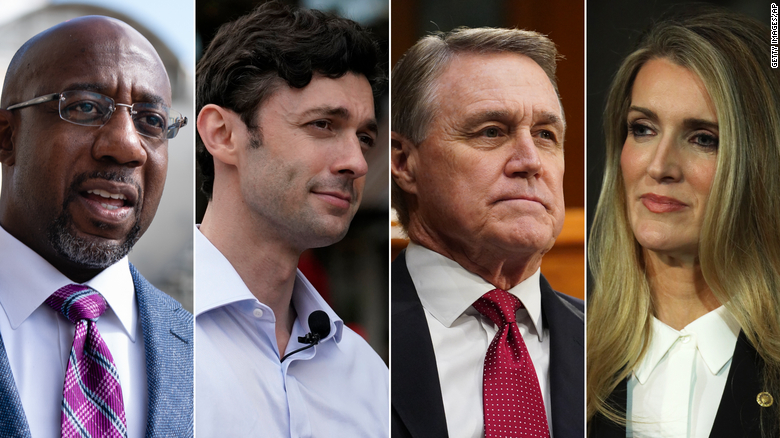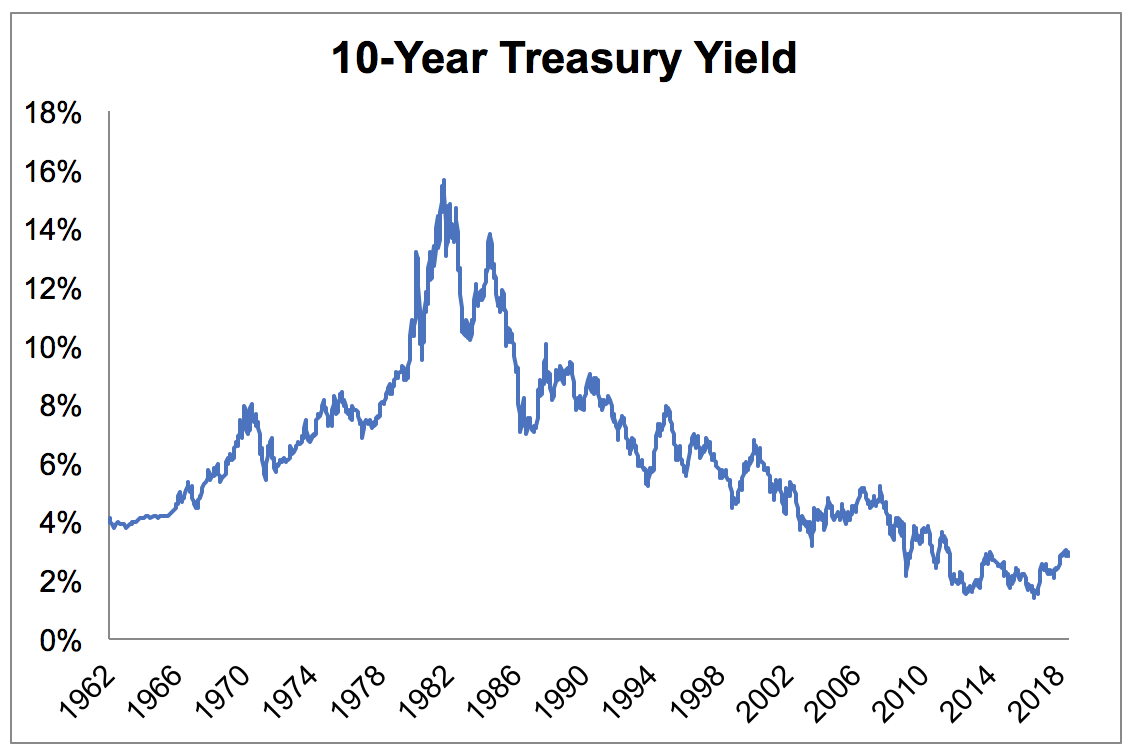Some get cleared up with amiodorone and some dont. Postoperative atrial fibrillation POAF is a common expensive and potentially morbid complication following cardiac surgery.
 Major Adverse Cardiovascular Events Associated With Postoperative Atrial Fibrillation After Noncardiac Surgery Circulation Arrhythmia And Electrophysiology
Major Adverse Cardiovascular Events Associated With Postoperative Atrial Fibrillation After Noncardiac Surgery Circulation Arrhythmia And Electrophysiology
I was told atrial fibrillation or flutter can occur in up to 35 - 40 of cabg surgeries where there was no pre-existing condition.

Afib after cabg. Listing a study does not mean it has been evaluated by the US. Patel of Temple University Philadelphia said that postoperative atrial fibrillation occurs in about 30 of patients following CABG and that new-onset postoperative atrial fibrillation after CABG has been linked to a 21 increase in relative mortality. Anticoagulation for post-CABG Afib remains controversial.
So 94 of the time it goes away within six weeks. In a prospective observational study of 4657 patients undergoing CABG surgery at 70 centres the peak incidence of AF occurred on postoperative day 2 and 3. There is limited information on the incidence and prognostic impact of new-onset atrial fibrillation NOAF following percutaneous coronary intervention PCI and coronary artery bypass grafting CABG for left main coronary artery disease LMCAD.
Atrial fibrillation irregular heart rate is a common complication after heart surgery. POAF occurs in around 35 of cardiac surgery cases and has a peak incidence on postoperative day 2. Learn how to reduce your risk and what treatment options are available.
Anticoagulation for New-Onset Post-Operative Atrial Fibrillation After CABG PACES The safety and scientific validity of this study is the responsibility of the study sponsor and investigators. Thats from a large randomized control in a sponsored trial. Share this article via email with.
More prudent use of presently available drugs to treat Afib could reduce morbidity cost and duration of hospital stay after CABG. Atrial fibrillation most commonly develops within seven days after open heart surgery but theres still a risk up to 90 days postoperatively says Dr. Afib is the most.
About half of people get AFib after heart surgery particularly heart valve surgery and again the word is temporary. More rapid-acting and reliably effective antiarrhythmic therapies with minimal adverse effects would greatly improve management of post-CABG Afib. Postoperative AF occurs in approximately 3040 of patients undergoing coronary artery bypass grafting CABG surgery and in as many as 64 of patients with concomitant valve surgery.
What are the odds that my AFIB and fluter will go away on their own now that my heart in healing. Atrial fibrillation after all types of heart surgeries occurs in as many as 20 to 60 of patients according to a 2019 study in the journal Acta Anaesthesiologica Scandinavica. Marc Miller a cardiac electrophysiologist.
I was on this med for about seven months. Some estimate that as many as 1 in 5 people after CABG will have atrial fib. For healthcare professionals administering secondary preventative therapies is a fundamental responsibility following CABG.
It is gone within six weeks in 94 of people. Other opportunities that exist to improve the long-term clinical outcomes after CABG include the aggressive management of hypertension and diabetes mellitus smoking cessation weight loss and cardiac rehabilitation. Atrial fibrillation is a common problem after any surgery especially open heart procedures.
The goal of this study was to determine whether prolonged hospital stay associated with atrial fibrillation or flutter AF after coronary artery bypass graft CABG surgery is attributable to the characteristics of patients who develop this arrhythmia or to the rhythm disturbance itself.











